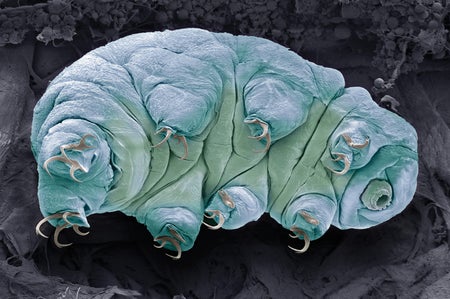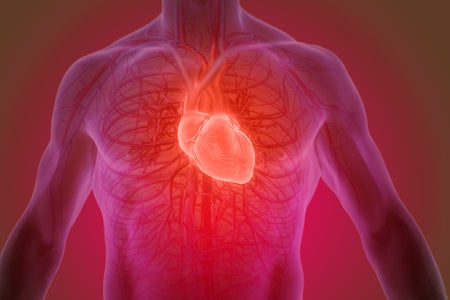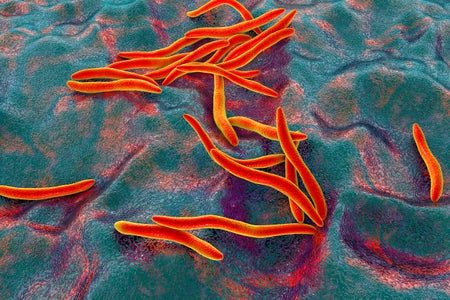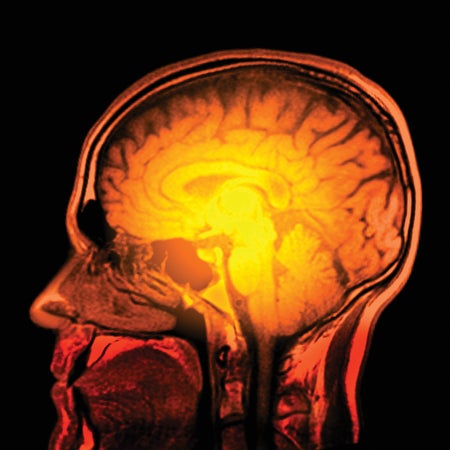
The Secret to the Strongest Force in the Universe
New discoveries demystify the bizarre force that binds atomic nuclei together

The Secret to the Strongest Force in the Universe
New discoveries demystify the bizarre force that binds atomic nuclei together

Cute Little Tardigrades Are Basically Indestructible, and Scientists Just Figured Out One Reason Why
Tardigrades are microscopic animals that can survive a host of conditions that are too extreme to ever occur on Earth—and scientists want to learn their secrets

FDA Recalls Heart Pumps Linked to Deaths and Injuries
Two medical devices that mechanically pump blood to the heart have caused hundreds of injuries and more than a dozen deaths

The Science of Reducing Prejudice in Kids
Making schools more welcoming for all can make for a fair and just society

Colon Cancer Linked to Mouth Bacteria
Genomic research of Fusobacterium nucleatum isolated from colon cancer tumors may help researchers develop future screening tests and cancer vaccines

Scientists Discover Extensive Brain-Wave Patterns
Certain brain layers specialize in particular waves—which might aid understanding of neuropsychiatric disorders

Why Feathers Are One of Evolution’s Cleverest Inventions
Fossil and living birds reveal the dazzling biology of feathers